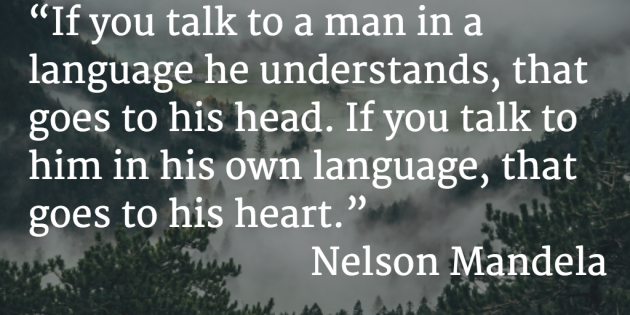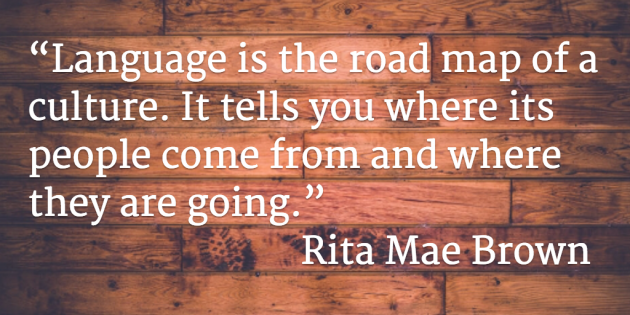Language Learning is Vital for Diplomacy. Here is why
Having a job in diplomacy used to be synonymous with knowing at least one other language, if not more. In recent years, however, reports have shown that the U.K. has been curbing spending in international services and one of the fields highly affected is that of language learning. You might be thinking that knowing a foreign tongue may not be very necessary for diplomats whose native language is English, after all, isn’t English the universal language of business and politics? Hold that thought because we’re here to change your mind! Read on to find out three ways in which knowing a foreign language is still beneficial to serving abroad:
1. Representing Your Home Country
The Merriam-Webster definition of diplomat is as follows: “a person who represents his or her country’s government in a foreign country”. Let’s face it, diplomats are on the front lines when it comes to ensuring a positive viewpoint of their home country abroad. Representing your country well is a must, especially if you’re living and working in volatile nations. One of the ways to really get locals to open up to you and respect you is through conquering the local tongue. Listen to Mandela and talk to their hearts, the results will be much better than if you expect locals to communicate with you in your native tongue.
2. Understanding Culture
According to scientists, human beings transmit culture through language, making learning a foreign tongue an essential guideline on how to live life abroad. Indeed, language and culture go hand and hand, the former usually described as being a verbal representation of a culture. Look at it this way, if a language has no words for numbers above three, it means that in this particular culture, counting may not be the primary way of keeping track of a quantity of items. On the same note, certain phrases are particular to certain cultures and cannot be translated or used in other contexts. Therefore, if you miss out on learning the language, you miss out on the culture itself.
3. Changing Your Perspective
Knowing a foreign language can completely alter the way you think –a valuable asset when it comes to working with the Foreign Service. Having the ability to communicate in a local tongue not only has the potential of making you a better decision maker (something vitally useful as a diplomat), but can also help you to contextualize the world around you in a different way. For example, when a language communicates in terms of directions (North, South, East, West) as opposed to left and right, your spacial awareness changes and you think of space in a different way. Imagine the many benefits of learning more than just one foreign language!
Whether or not you are working in the Foreign Service abroad, you stand to benefit from learning a new language. Set yourself up for success by signing up for some excellent online language classes and keep your skills sharp with free online placement tests. Remember, you don’t need to be a diplomat to benefit from everything language learning has to offer, so open up your world and learn to communicate with the many cultures thriving around the globe!



